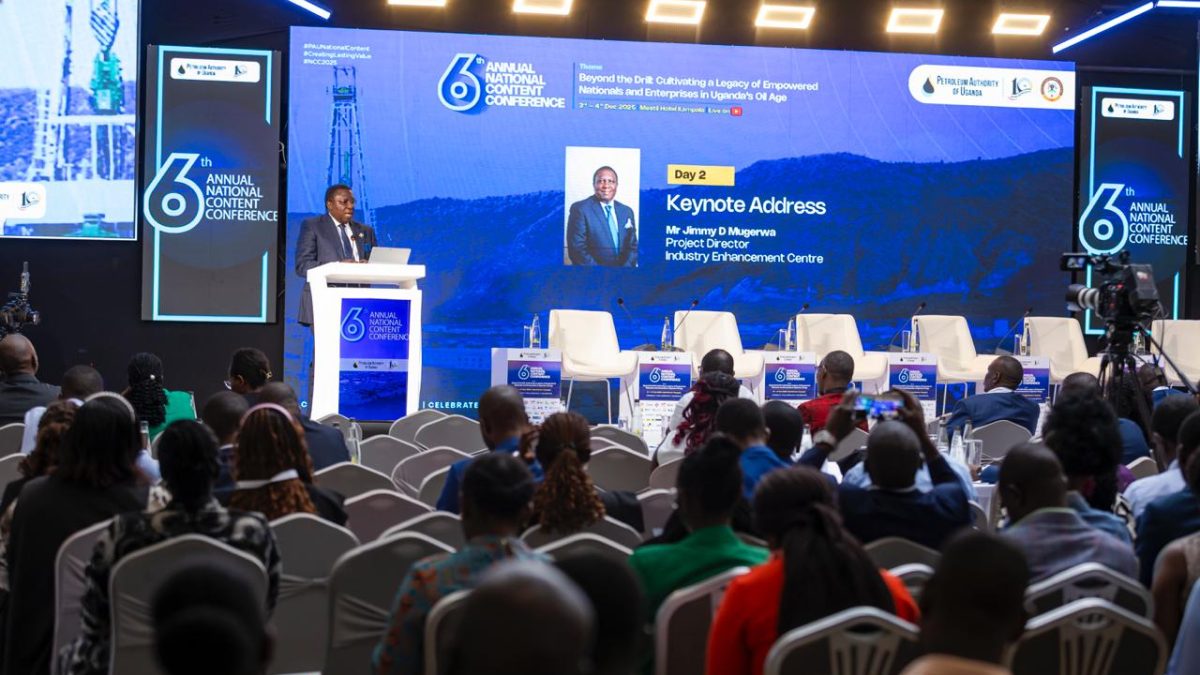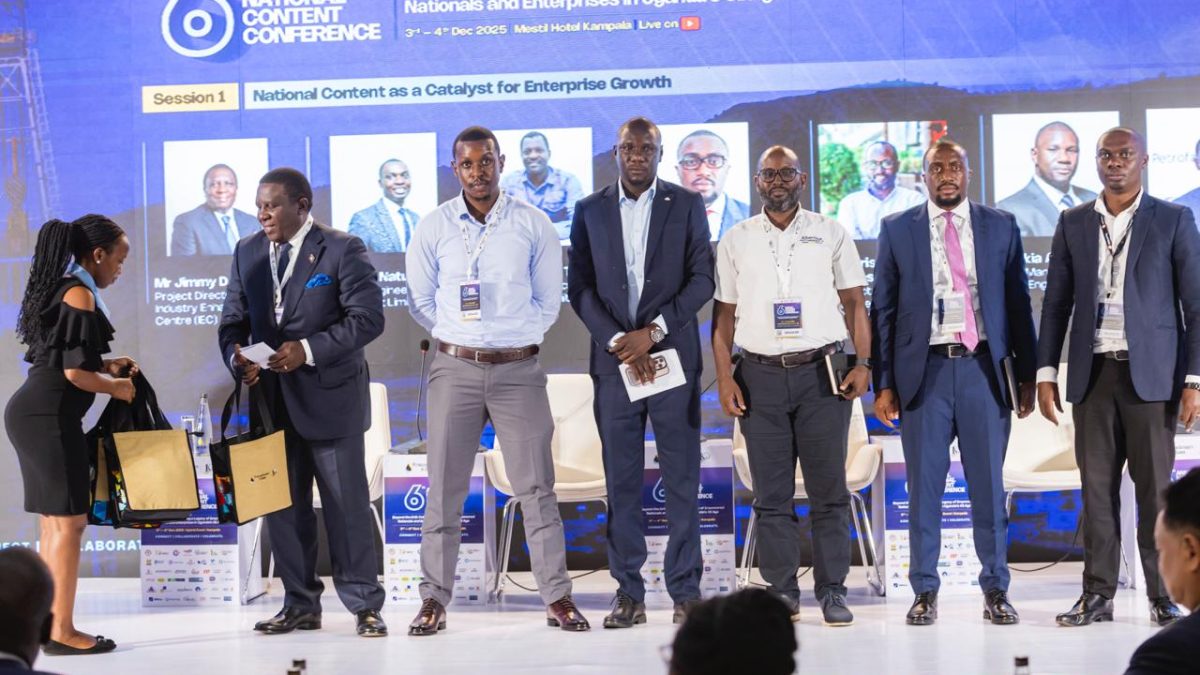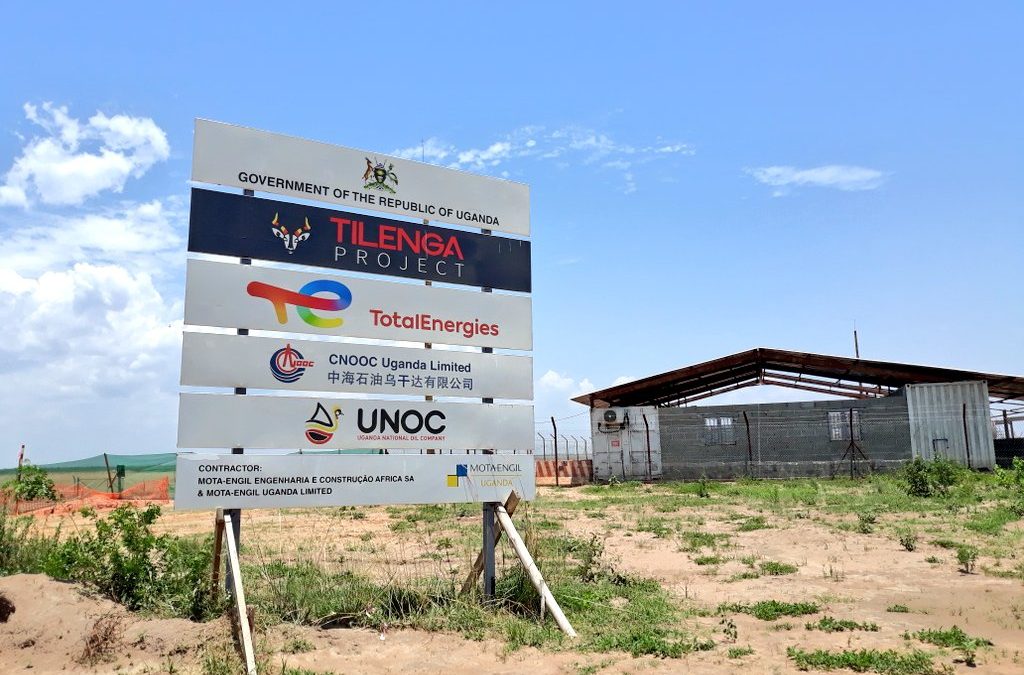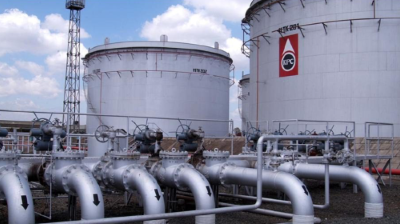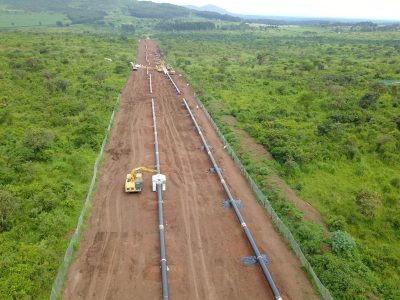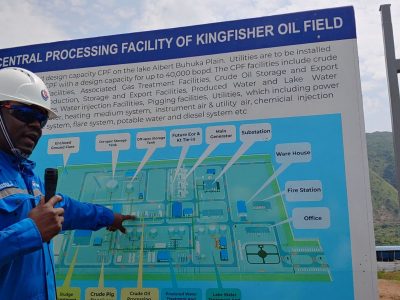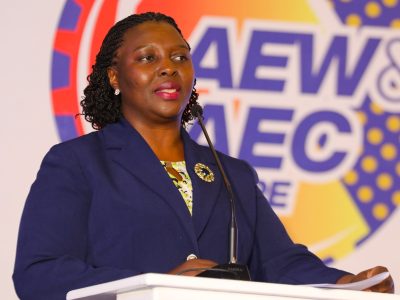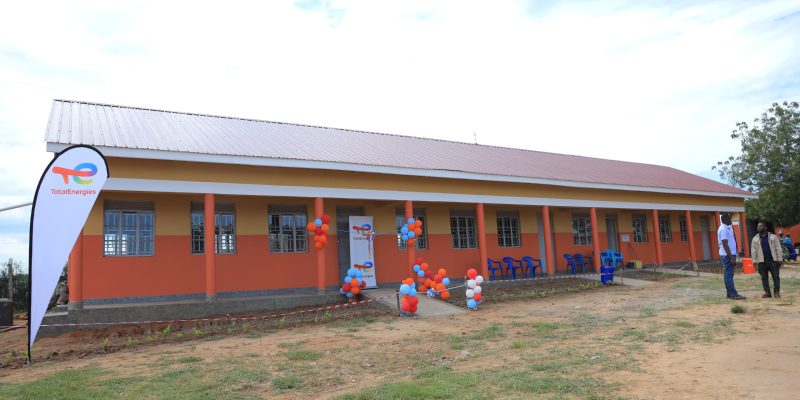
Host communities of oil and mining projects in Uganda are legally entitled to benefits such as jobs, social services and community welfare improvements from investing companies.
It is under such policies that TotalEnergies EP, in partnership with World Vision, constructed new and rehabilitated old classrooms, staff houses, and latrines for Kirama and Kisomere Primary Schools in Buliisa District recently.
At Kisomere, 11 classrooms were rehabilitated, six new ones built, alongside 10 latrine units and an 8-unit staff house. Kirama saw 10 classrooms rehabilitated, 10 new latrines and an 8-unit staff house built.
The Tilenga oil fields operated by TotalEnergies are located in the Buliisa and Nwoya districts in Uganda, near Lake Albert.
The project was part of the company’s Corporate Social Responsibility (CSR) strategy – the ‘Infrastructure Improvement and Institutional Capacity Building Project’.
Beyond infrastructure, the initiative strengthened educational capacity with over 90 teachers receiving training in child protection, reproductive health, and child retention, while 2,625 textbooks were supplied for P.5, P.6 and P.7 learners.
School management and PTA committees were trained in leadership and reintegration of adolescent dropouts, especially teenage mothers.
Philippe Groueix, General Manager of TotalEnergies EP Uganda, said the project demonstrated the power of partnerships in building “resilient, informed, and empowered communities.”
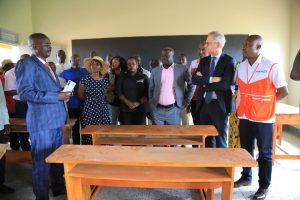
Groueix (2nd L) and World Vision officials chat with school and district representatives
World Vision Uganda’s National Director, Jeremiah Nyagah, noted that the intervention had enhanced teacher effectiveness and promoted the reintegration of vulnerable girls into school.
Buliisa District Education Officer, Kiza Kasangati Taison, and Kisomere Headteacher, Tommy Okello, praised the initiative for improving learning environments and morale among staff and pupils.
The project complements TotalEnergies’ broader CSR work in the Albertine region, including 377 secondary school scholarships, 100 nursing and midwifery scholarships, youth skilling, solar lamp distribution, and agricultural development programs benefiting over 10,000 households.
Broader Impact
In September, TotalEnergies, in partnership with the Petroleum Authority of Uganda (PAU), convened the inaugural Tilenga Social Performance Forum under the theme ‘Catalysing Sustainable Development: Sharing Value and Creating Impact.’
Some of the key achievements highlighted included the employment of over 9,000 Ugandans, of whom 3,700 are drawn directly from host communities.
The company also reported procurement of goods and services worth $31.3m from local suppliers plus supporting at least 10,000 farmers through agricultural development programs.
In education, scholarships plus skills training had benefited over 2,000 Ugandans, the company said, while noting its enhancement of community infrastructure including schools and health centres, in addition to providing clean energy and safe water.
This notwithstanding, TotalEnergies’ projects continue to attract criticism from environmental protection and human rights activists.
Diana Nabiruma of Africa Institute for Energy Governance (AFIEGO) claims the company is only paying lip service in as much as supporting local communities and biodiversity is concerned.
Buliisa communities, she claims, have suffered floods due to oil activities while others have lost land to the oil project without adequate compensation.
Some tourism operators also maintain that Murchison Falls National Park is no longer the same, with wildlife much harder to see today due to oil activities in the park, she added.
In a statement, the company noted that although the flash-floods were historic in Buliisa, it was setting up a retention pond system (through its subcontractors) that is meant to better the situation.
This is in addition to conducting comprehensive site-specific hydrogeological studies for various project sites (mainly well pads) to inform drainage designs that ensure run-off is managed in a sustainable manner without adversely affecting nearby community lands.



